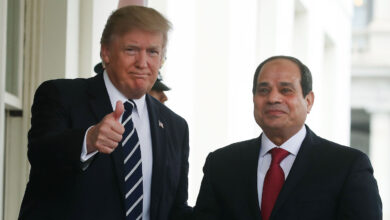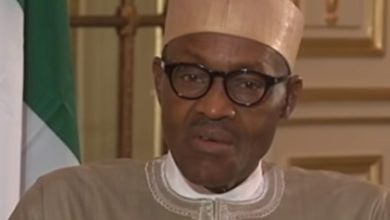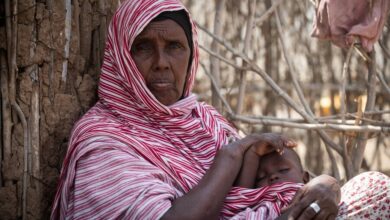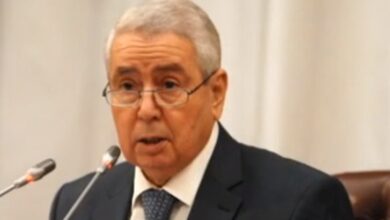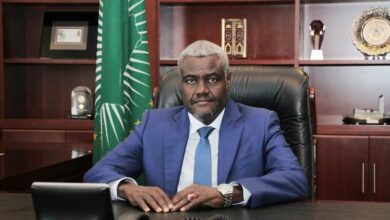World
GERD: Tripartite Talks Between Egypt, Ethiopia & Sudan Over Mega Dam Postponed
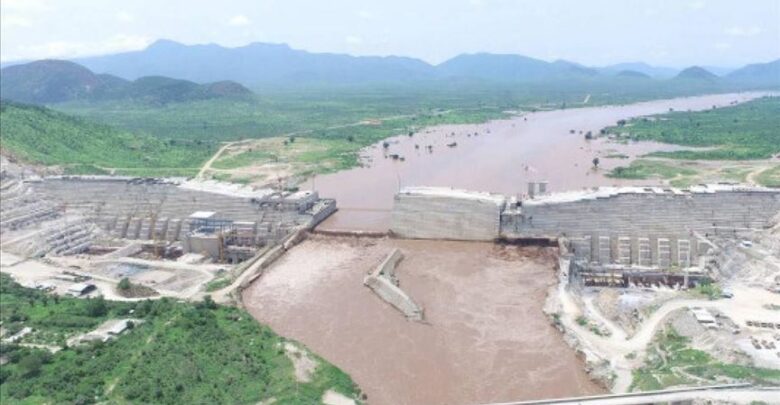
The tripartite talks on the Grand Ethiopian Renaissance Dam (GERD) between Egypt, Ethiopia and Sudan have been postponed for a week over further consultations to regulate the flow of water from the massive project, the Sudanese Irrigation and Water Resources Ministry confirmed, reported Newsd.in.
“The talks on filling and operation of the GERD were resumed on Monday afternoon at the invitation of South Africa, the current chair of the African Union (AU),” the Sudanese ministry said. “The talks have been postponed upon Sudan’s request to conduct further consultations.”
According to reports, during the negotiation talks, the Sudanese Irrigation and Water Resources Minister Yasir Abbas voiced Sudan’s reservation over Ethiopia’s unilateral measure of starting the first filling of the GERD before reaching a binding agreement among the three countries.
Abbas pointed out the Ethiopian move as “a harmful and worrying precedent in the path of cooperation between the concerned countries”. He called out for setting up specific and clear agenda for the entire period of the talks.
In related news, Egypt’s President Abdel Fattah el-Sisi has said talks about Ethiopia’s Nile dam would continue but voiced hope for a negotiated settlement to the dispute.
El-Sisi’s statement came on Tuesday amid heightened tensions between Egypt, Sudan and Ethiopia over the vast GERD on the Blue Nile.
The talks about the operation and filling of the mega-dam have failed for nearly a decade.
“We are negotiating, and these negotiations will be a long battle,” El-Sisi said, adding, “we will succeed, God willing.”
He added that Egyptians’ fears over the dam are legitimate but warned the media against making threats of military action.
Ethiopia, which started construction of the 4-billion-dollar GERD in 2011, expects to produce over 6,000 megawatts of electricity to push the country’s development. Egypt fears the dam could restrict its share of the Nile, the primary source of fresh water for its 100 million people.


